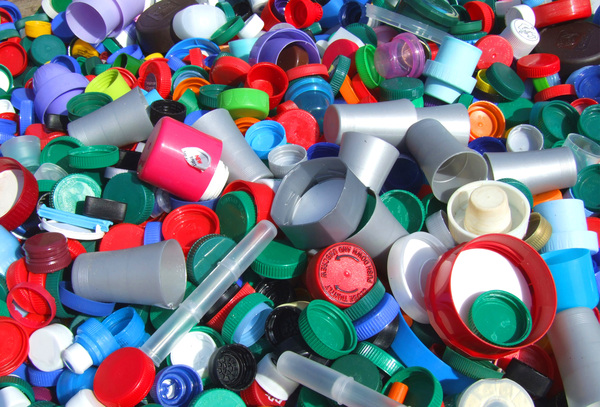PVC: The Third Most Widely Produced Synthetic Plastic Polymer
02-May-2022 | Zion Market Research
Polyvinyl Chloride (PVC) is a standout material amongst the most regularly utilized thermoplastic polymers on the planet (next to more generally utilized plastics like PP and PET). It is actually white and extremely brittle (before the increased usage of plasticizers) plastic. PVC has been in existence for a long time than most plastics and was first blended in 1872 and manufactured by B.F. Goodrich Company in the 1920s. Post examination, numerous other basic plastics were first combined and turned out to be feasible only in the 1950s. It is utilized most ordinarily in the construction and infrastructure sector but on the other hand is also utilized for signs, health care components, and as fiber element for clothes production.

PVC is delivered in two common structures, first as an inflexible or plasticized polymer (uPVC or RPVC), and another as an adaptable plastic. Plasticized, flexible, or general PVC is milder and more amiable to twisting than uPVC owing to the expansion of plasticizers identical to phthalates that include DINPor diisononyl phthalate. Adaptable PVC is majorly utilized in infrastructural and construction projects for the protection of electrical wires or in the ground surface for homes, medical facilities, schools, and different ranges where a sterilization is a need. Unbendable PVC is likewise utilized as a part of the prominent material for pipe and piping and for siding, which is regularly alluded as "vinyl". PVC pipe is frequently mentioned by its "schedule" (e.g. Schedule 40 or Schedule 80). Chief difference of the schedules incorporate things like color, wall thickness, and pressure rating.
View Detail Report: https://www.zionmarketresearch.com/report/pvc-market
Let’s discuss some of the advantages and disadvantages of the PVC material.
Advantages of Polyvinyl Chloride:
- Polyvinyl Chloride is freelyobtainable and moderately low-priced.
- Polyvinyl Chloride is very solid and thus very rigid and repels the effect of deformation very well compared to other plastics.
- It has an excellent tensile strength.
- It offers a strong resistance to alkalies and chemicals.
Disadvantages of Polyvinyl Chloride:
- The PVC material offers very low heat stability. Thus to make the material more stable various additives that strengthen its property and makes the material competent to bear high temperatures. These additives are added to the material while it is in production.
- PVC material, when exposed to flames, emits toxic fumes while melting.
Zion Market Research
Tel: +1 (302) 444-0166
USA/Canada Toll Free No.+1 (855) 465-4651
3rd Floor,
Mrunal Paradise, Opp Maharaja Hotel,
Pimple Gurav, Pune 411061,
Maharashtra, India
Phone No +91 7768 006 007, +91 7768 006 008
US OFFICE NO +1 (302) 444-0166
US/CAN TOLL FREE +1 (855) 465-4651
Email: sales@zionmarketresearch.com
We have secured system to process your transaction.
Our support available to help you 24 hours a day, five days a week.
Monday - Friday: 9AM - 6PM
Saturday - Sunday: Closed


